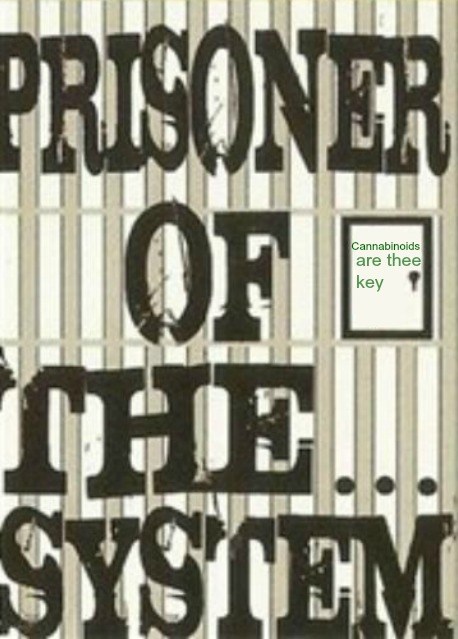Activation of Cannabinoid Type 2 Receptor by JWH133 Protects Heart Against Ischemia/Reperfusion-Induced Apoptosis.
Source
Department of Neurosurgery, the Second Hospital of Hebei Medical University, Shijiazhuang, China.
Abstract
Background: Cannabinoid type 2 (CB2) receptor agonists can protect myocardium against ischemia/reperfusion (I/R) injury although the underlying mechanism remains unclear. Here we report the antiapoptotic effect of CB2 receptor agonist, JWH133, during myocardial ischemia/reperfusion injury and potential underlying mechanisms. Methods: Ischemia was performed by blocking left coronary artery of rat for 30 min. After ischemia for 30 min, the rat heart was reperfused for 120 min by loosing the ligation of blocking left coronary artery. JWH133 (20 mg/kg), a CB2 receptor selective agonist, or vehicles were injected intravenously 5 minutes before ischemia. Infarct size of myocardium was assessed by histological stain, myocardial apoptosis index (AI) was determined by TUNEL, and mitochondrial membrane potential (∆Ψm) was measured by flow cytometry. Western blots were performed to measure the cytochrome c release, cleaved caspase 3, cleaved caspase 9 and PI3K/Akt kinase phosphorylation. Results: JWH133 significantly reduced the infarct size and AI of myocardium suffering I/R compared to vehicle-treated group. Further mechanistic study revealed that activation of CB2 receptor by JWH133 inhibited the loss of ΔΨm, reduction of the cleaved caspases-3 and -9, release of mitochondrial cytochrome c to the cytosol, and increase of phosphorylated Akt. These JWH133-mediated effects could be totally abrogated by PI3K inhibitor wortmanin or CB2 receptor antagonist AM630. Conclusion: Our results demonstrate that activation of CB2 receptor by JWH133 prevent apoptosis during ischemia/reperfusion through inhibition of the intrinsic mitochondria-mediated apoptotic pathway and involvement of the PI3K/Akt signal pathway.
Copyright © 2013 S. Karger AG, Basel.
Copyright © 2013 S. Karger AG, Basel.


